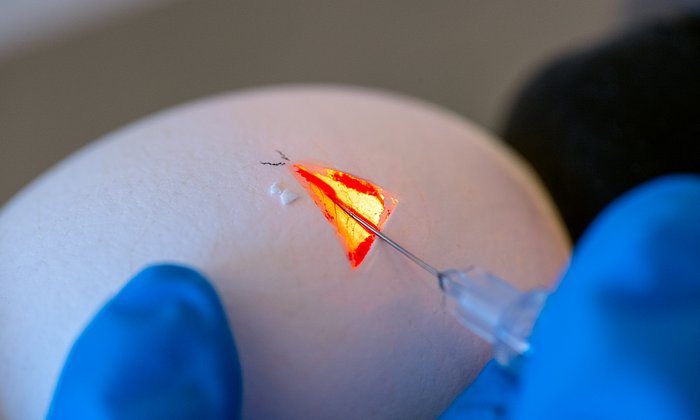TUM@Freising lecture series online with two short lectures
Improving human and animal health

At regular intervals, the TUM School of Life Sciences presents its research in the form of lectures that are also of interest to the public. There is also enough time for a discussion after each lecture. The lecture series is intended to provide access to scientific work at the Weihenstephan campus and offers scientists public input for their research work. Unfortunately, due to the Corona pandemic, the lectures had to be paused last year. Online lectures will now take place for the second time this year on Tuesday, June 15, 2021. This event will be moderated by Prof. Ilona Grunwald Kadow.
Genes, stress and the internal clock - how stress hormones control our genes
Our hormones regulate reactions in our body such as behavior, metabolism or even reproduction and cell division, which are essential for survival. The messenger substances also determine our internal clock. "Each of us is under the influence of hormones every day. Without them, we would not be able to live," explains Prof. Henriette Uhlenhaut. The researchers in her team are, therefore, investigating how these substances work in our bodies to discover how gene activity in immune cells or internal organs can be controlled by hormones.
In her lecture, Prof. Uhlenhaut explains how hormones, for example dexamethasone, cortisone, and prednisolone, can be used to treat a variety of diseases - including, incidentally, covid-19.
From egg to chicken: Today's modern poultry can do much more
Poultry, and specifically chicken, is one of the most important sources of animal protein in the human diet worldwide. At the same time, however, a variety of pathogens threaten animal health and welfare. Despite extensive biosecurity measures on livestock farms, disease outbreaks have serious consequences, as the recent avian influenza outbreaks across Europe have once again demonstrated. "Currently, the only options to protect chicken flocks from deadly diseases are vaccination and treatment with antibiotics," explains Prof. Benjamin Schusser. Domestic chickens are therefore the most frequently vaccinated species in industrialized countries.
Prof. Schusser explains in his lecture the implications of how animal health and welfare in the long term can be improved by enhancing the immune response to pathogens in chickens.
Live stream on June 15 starting at 6 p.m.
The lectures can be seen live via the TUM YouTube channel. Registration is not necessary.
The lecture series "TUM@Freising - Science Explained for All" is organized by the Technical University of Munich together with the City of Freising. Further information at: www.freising.wzw.tum.de
High-resolution images of the lecturers: https://mediatum.ub.tum.de/1612564
Technical University of Munich
Corporate Communications Center
- Dr. Katharina Baumeister / Susanne Neumann
- katharina.baumeister@tum.de
- presse@tum.de
- Teamwebsite
Contacts to this article:
Prof. Dr. Benjamin Schusser
TUM School of Life Sciences
Chair of Reproductive Biotechnology
Tel.: +49 (0)8161 71-2027
benjamin.schusser(at)tum.de
Prof. Dr. Henriette Uhlenhaut
TUM School of Life Sciences
Chair for Metabolic Programming
ZIEL-Institute for Food & Health
Tel.: +49 (0) 8161 71-4322
henriette.uhlenhaut(at)tum.de


